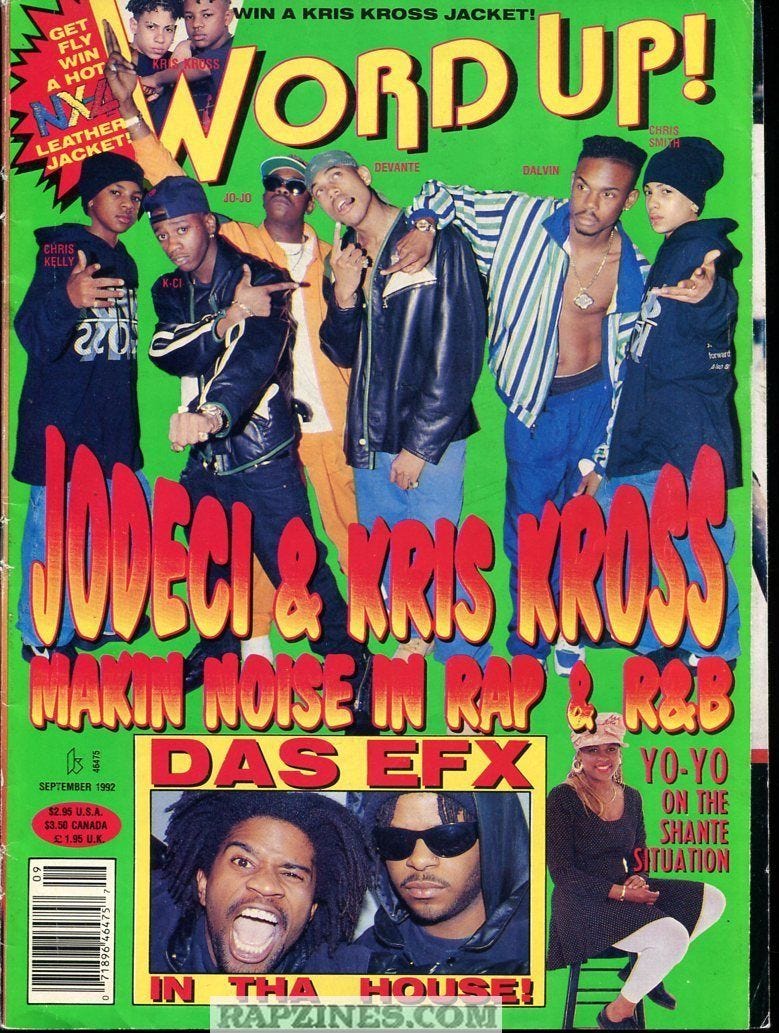The Evolution and Influence of Hip-Hop Magazines
Hip-hop magazines have played a pivotal role in documenting, promoting, and shaping the culture of hip-hop. Since its emergence in the 1970s, hip-hop has evolved into a global phenomenon, and magazines dedicated to the genre have provided a platform for artists, fans, and enthusiasts to connect and stay informed. This essay explores the evolution and influence of hip-hop magazines, highlighting their contributions to the culture, music industry, and the dissemination of hip-hop knowledge.
Capturing the Essence of Hip-Hop Culture: Hip-hop magazines serve as a powerful medium for capturing the essence of the culture. Through vibrant visuals, in-depth interviews, and compelling articles, these publications delve into the origins, history, and current trends within hip-hop. Magazines like The Source and XXL Magazine have become known for their comprehensive coverage, showcasing the multifaceted elements of the culture, including music, fashion, dance, graffiti, and DJing.
Amplifying Artists and Shaping Careers: Hip-hop magazines have played a significant role in amplifying the voices of artists and providing them with a platform for exposure. Emerging artists often rely on these publications to showcase their talents, gain recognition, and attract industry attention. The coveted covers and feature stories in magazines like Vibe and Complex have helped launch numerous careers, introducing artists to a wider audience and solidifying their positions within the hip-hop landscape.
Hip-hop magazines have been influential in shaping taste and setting trends within the culture. From album reviews and artist rankings to fashion spreads and trendspotting, these publications have the power to introduce and popularize new sounds, styles, and movements. The opinions of magazine writers and critics can significantly impact the success and reception of artists and their projects, fashion spreads can introduce readers to the latest streetwear brands and fashion statements.
Hip-hop magazines have become invaluable resources for documenting the history and evolution of the genre. Through extensive features, archival photos, and retrospective articles, these publications provide a historical record of the artists, albums, events, and cultural shifts that have shaped hip-hop. Magazines like Rap Pages and Ego Trip have contributed to preserving the legacies of influential artists and shedding light on the lesser-known aspects of hip-hop's past
Hip-hop magazines have served as a means of community building and fostering engagement among fans and enthusiasts. Readers often connect through letters to the editor, opinion pieces, and interactive features, sharing their perspectives and engaging in discussions around the culture. The magazine's role as a cultural hub extends beyond its pages, as it hosts events, sponsors concerts, and facilitates opportunities for readers to connect with artists and industry insiders.
Hip-hop magazines have played a crucial role in documenting, promoting, and influencing the culture of hip-hop. From capturing its essence to amplifying artists, shaping trends, documenting history, and fostering community engagement, these publications have become integral to the hip-hop ecosystem. Despite the rise of digital media, hip-hop magazines continue to hold significance, offering a tangible and immersive experience for fans and serving as historical artifacts for future generations to explore and appreciate.









